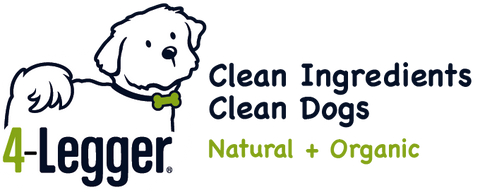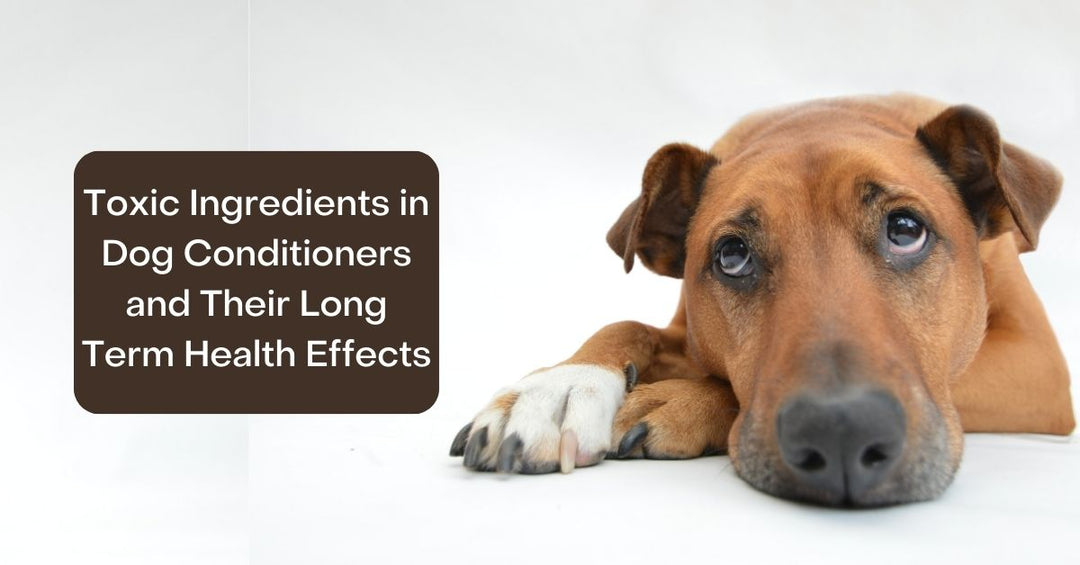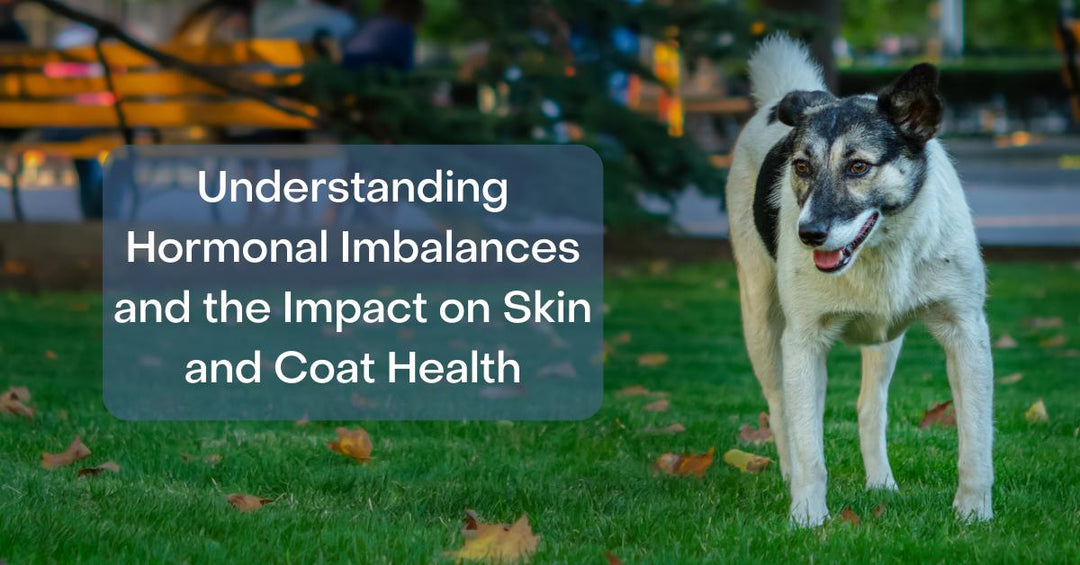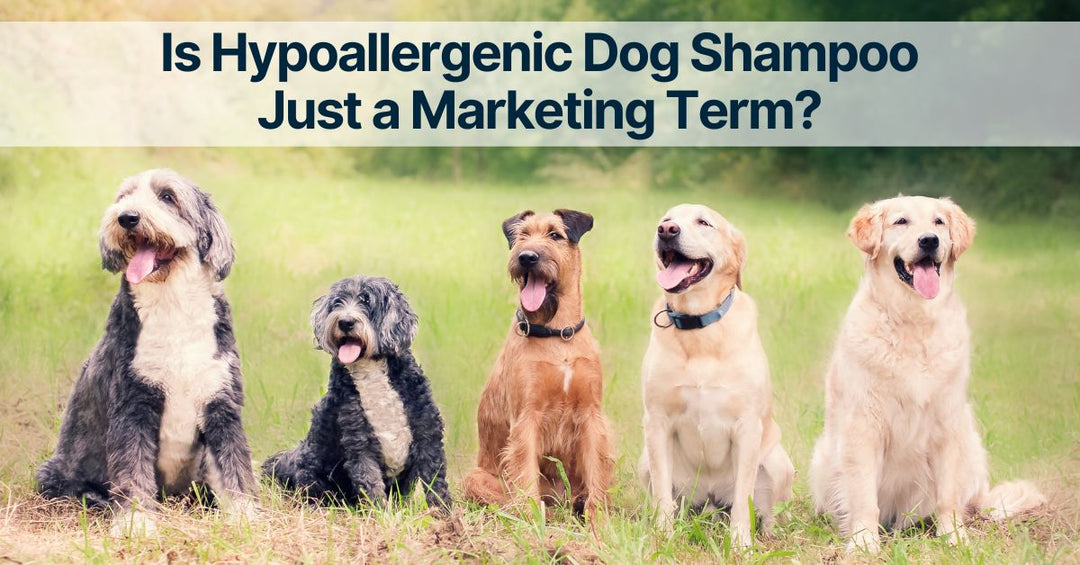The Marketing of “Natural” Dog Shampoo - Lesson 1 in Selecting a Safe and Non-Toxic Product
Did you know that Amazon.com boasts over 3600 products under "dog shampoo" in the category of Pet Supplies? How many different brands of dog shampoo are on the shelves in your local pet supply store? There are so many pet care products and shampoos that they are broken into sub-categories: Deodorizing (also called Odor Control), Medicated, Natural, Tearless, Whitening, Dematting, Flea and Tick, Itch Relief, Sensitive Skin, Hypoallergenic, and the list goes on...
With so many options, how can you make a selection that is healthy for you and your dog?
Conscientious dog owners will filter "natural" as the search category thinking that these products are safe, non-toxic, and all natural. A logical conclusion. Unfortunately, with over 3600 brands trying to seduce you into purchasing their product, the word "natural" is more about marketing and less about the contents in the bottle.
Let's look at the dog food industry to explore this trend. US pet owners buying pet foods labeled "natural" has soared to $7.3 billion in 2014 according to Packaged Facts. Why put "natural" on the label? According to Debbie Phillips-Donaldson, editor-in-chief of Petfood Industry who cited a study from Packaged Facts, the US sales of natural pet foods has increased at a compound annual growth rate (CAGR) of 15.2% from 2010-2014, and are projected to grow at 14.6% CAGR from 2014-2019.
In other words: Natural equals sales. The lack of a legal or regulatory definition for "natural" has led to it being reduced to a marketing gimmick, making it confusing for consumers.
Manufacturers that make truly natural products are screaming "false advertising" and are fighting an uphill battle to educate the public on what "natural" really means. Even the word "organic" isn't safe from marketing pitfalls. Some manufacturers think they can put a few organic ingredients in their product, mix it with non-organic ingredients and still call the product "All Natural and Organic" or they will sneak "organic" into the title of the brand implying that the product is organic.
Bottom line: It is time for pet owners to learn how to look beyond the marketing claims and focus in on the ingredients.
Lesson 1: If the ingredients aren't listed on the bottle or the contents are vague (like proprietary blend) it doesn't go in your shopping cart! Remember, your dog's skin is its largest organ and is your dog's first line of defense.
4-Legger Certified Organic Dog Shampoo ARE natural - that promise is backed by the USDA certified to organic standards! Check out our selection of safe and non-toxic dog shampoo!
Stay tuned for Lesson 2: Preservatives in Your Dog's Shampoo!




